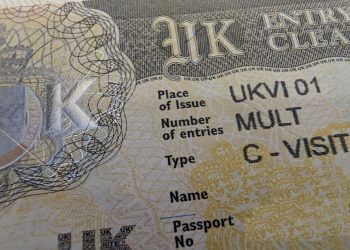The recent announcement by Immigration, Refugees and Citizenship Canada (IRCC) has sparked widespread conversation and various responses across Canada. The government’s decision to institute new limits on study permits for international students in 2024 and 2025 has raised mixed feelings among provinces and other key stakeholders.
The province of British Columbia has been proactive in supporting the new measures and has implemented policies to protect and maintain the integrity of its international student program. These measures include a freeze on new schools receiving Designated Learning Institution (DLI) status, enhanced compliance measures, and greater tuition transparency.
Ontario has also taken steps to safeguard international students, adding oversight to admissions approval processes and instituting a moratorium on new public-private college partnerships. However, Manitoba has expressed concerns about the new student cap, particularly over potential rising tuition costs and a lack of guidance from the federal government.
New Brunswick, on the other hand, has voiced mostly negative views on the changes. The province’s representatives have criticized the new policy for unfairly targeting all provincial jurisdictions and have expressed concerns about potential impacts on admissions for the upcoming year.
Canada’s schools have also shown mixed reactions to the new announcement. While many institutions support the measures to curb exploitation within the international student space, concerns have been raised about the implications of the decision, particularly around financial challenges and the potential impact on undergraduate education.
Other stakeholders, including the CEO and President of the Council of Ontario Universities, have expressed disappointment and voiced concerns about potential unintended consequences for the sector and international students. Student groups and membership organizations for post-secondary institutions have also criticized the new policy change, citing the chronic need for workers in critical sectors of the Canadian labour market.
While the response to the new limits on study permits for international students has been mixed, the impact of these changes will likely continue to be a topic of discussion in the coming months. It is evident that the Canadian government’s decision has drawn a wide range of opinions and concerns from various stakeholders involved in the international student program. To discover your options to study in Canada, visit the link below.
Still have some travel questions? Ask in our Travel WhatsApp Group.








